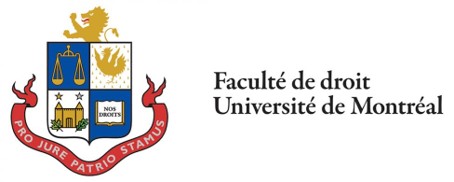From: Harrington Matthew P. <matthew.p.harrington@umontreal.ca>
Date: Thu, May 14, 2020 at 3:18 PM
Subject: RE: [RDG] John McCamus on 3-party restitution
To: Robert MacKenzie <rmlmackenzie@gmail.com>
Moore v Sweet is deeply problematic on a number of levels, not the least of which is that Mrs. Moore was a risk-taker. In addition, there was a contract governing the transaction which was largely ignored by the court. Moore thus conflicts with The Trident Beauty and Lumbers. Finally, the ease with which the court moved to the imposition of a constructive trust should be troubling.
My take on the case is here :
https://papers.ssrn.com/sol3/papers.cfm?abstract_id=3581242
Regards to all.

Matthew P Harrington
Professeur titulaire
Directeur, Programme de common law
Faculté de droit
Université de Montréal
514.3436105
matthew.p.harrington@umontreal.ca
From:
Robert MacKenzie
Sent: May 14, 2020 2:45 PM
To: ENRICHMENT@LISTS.MCGILL.CA
Subject: Re: [RDG] John McCamus on 3-party restitution
This is constitutive of the expansionism of the law of restitution which imperils the foundation of the totality of the law of morality.
On Thursday, May 14, 2020, Lionel Smith, Prof. <lionel.smith@mcgill.ca> wrote:
RDG members may be interested in a new paper just announced via the Private Law Theory blog, in which John McCamus argues for a wide availability of restitution claims in 3-party situations:
John D McCamus, Restitutionary Remedies in Three-Party Cases: A Comparative Perspective, 14 FIU Law Review 65 (2020). The full paper is available at that link.
Lionel